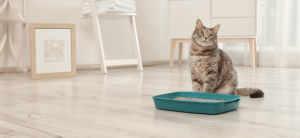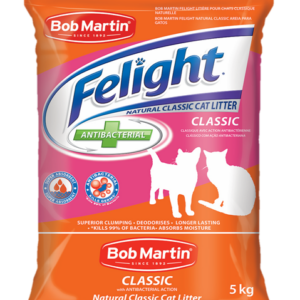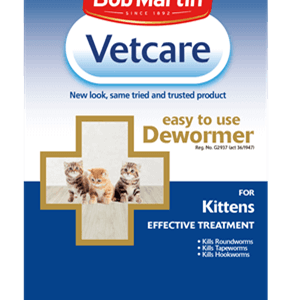Taking on a cat as a fur kid and companion is not always easy. Cats can be very strong-willed about
their needs, and it’s important as a cat owner to priorities their well being over their preferences –
and demands.
Where health is concerned, ignoring your cat’s weight problem is never an option. A cute, fat cat may be nice to look at and cuddle, but in the long term, overweight or obese cats can suffer physically, mentally and emotionally.
How do I know if my cat is overweight?
One of the first signs that your cat has a weight problem is not being able to feel their ribs.
Additionally, if your cat struggles to walk or run, or is unusually sluggish, these may be indicators that their weight is already taking its toll.
Obesity in cats can make everyday activities more difficult and less enjoyable, and ultimately shorten their lifespan. Diabetes, an under performing immune system and problems with digestion also come with the territory – but can be avoided with a switch to a healthier diet for your cat. Remember, you are in control of this.
What can I do about my cat’s weight?
If your cat has put on a lot of weight, or has begun to display the above symptoms, the first step is to lower their calorie intake. This can be achieved by switching to a lower-calorie cat food, offering smaller portions of dry or wet food during the day, and if you feel you need more support, approaching your vet for a specific weight management program.
Every cat’s needs are different, and depending on the severity of the situation, and the causes, your vet’s involvement will be crucial to providing a long-term diet plan which protects the health, well-being and happiness of your cat.







